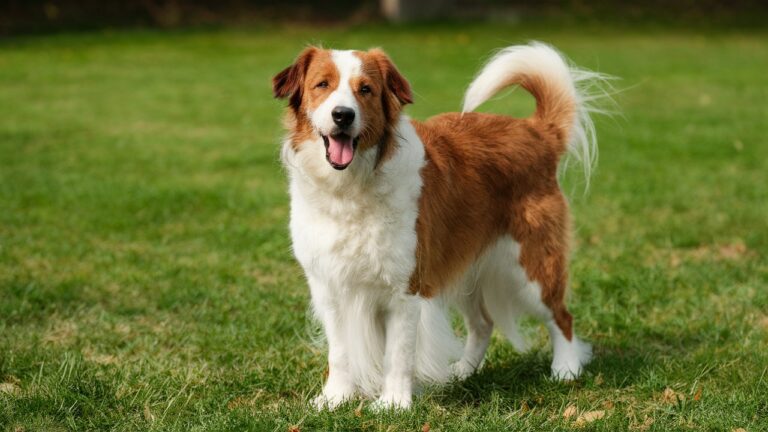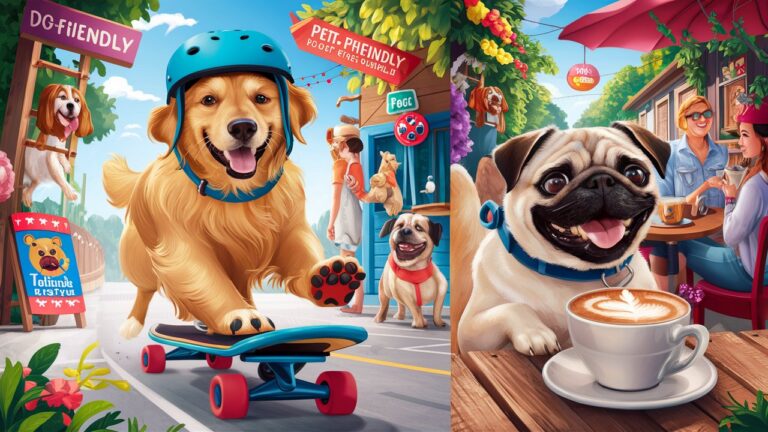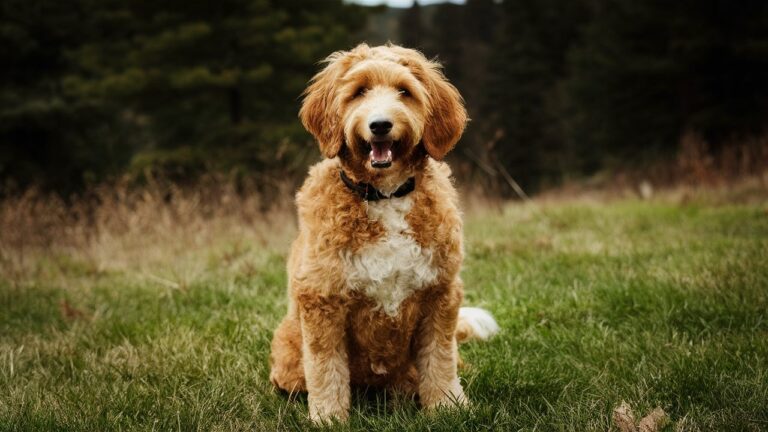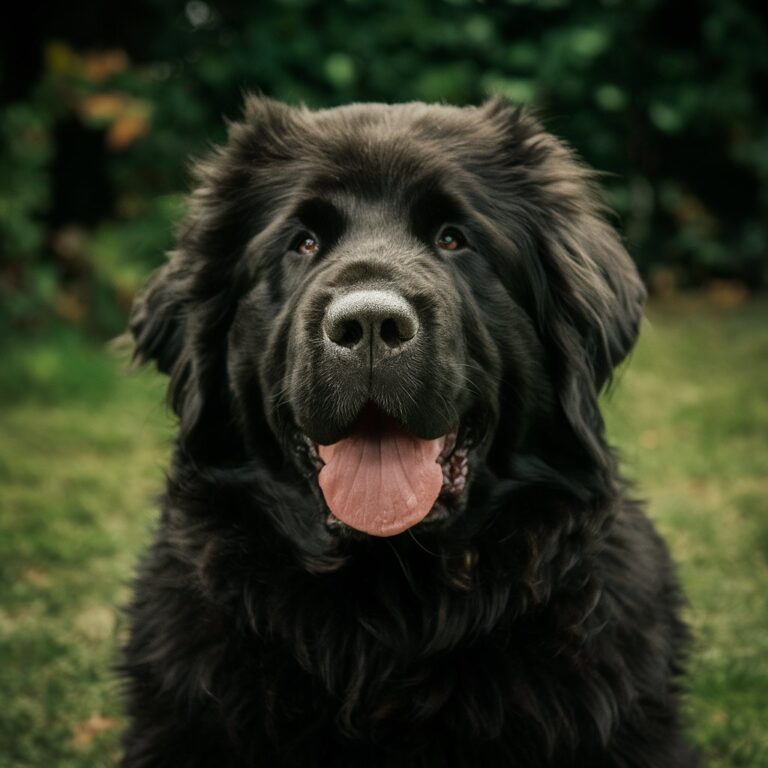The Scoodle: 100% Delightful Mix of Poodle and Scottish Terrier
If you’re looking for a dog that’s a perfect blend of intelligence, charm, and loyalty, the Scoodle might just be the breed for you. A cross between the Poodle and the Scottish Terrier, the Scoodle inherits some of the best traits from both parent breeds, making it an ideal companion for many types of households. In this article, we’ll delve into everything you need to know about the Scoodle, from its origins and characteristics to its care requirements and why it might be the perfect fit for your family.
Origins of the Scoodle

The Scoodle is a relatively new designer breed, part of the growing trend of creating hybrid dogs that combine the desirable traits of two purebred parents. The Poodle, known for its intelligence and hypoallergenic coat, and the Scottish Terrier, famous for its bold personality and sturdy build, have come together to create a dog that is both smart and affectionate.
I first encountered a Scoodle at a local dog park. The small, wiry-haired dog was zipping around with boundless energy, yet every so often, it would pause to look back at its owner with a gaze that could melt your heart. It was clear that this little dog had all the loyalty of a Scottie, combined with the quick wit and agility of a Poodle. The owner, a friend of mine, had adopted the Scoodle a year earlier and couldn’t stop raving about how this mix was the perfect balance of the two breeds.
Physical Characteristics
The Scoodle is a small to medium-sized dog, typically weighing between 10 to 20 pounds and standing about 10 to 14 inches tall at the shoulder. Their appearance can vary depending on which parent they take after more, but generally, Scoodles have a sturdy build, with a slightly longer body similar to the Scottish Terrier and the curly or wavy coat of the Poodle.
Their coat can come in a variety of colors, including black, gray, white, and tan, sometimes with a mix of shades. One of the most appealing aspects of the Scoodle is its low-shedding coat, inherited from the Poodle side, which makes them an excellent choice for people with allergies.
I remember when my friend’s Scoodle, Max, was just a puppy. His fur was a soft, curly blend of black and white, giving him an almost patchwork appearance. As he grew, his coat became more defined, and his eyes—dark and expressive—were always full of curiosity. Max’s coat required regular grooming to prevent matting, but it was a small price to pay for having a dog that didn’t leave fur all over the house.
Temperament and Personality
Scoodles are known for their playful, affectionate, and loyal nature. They tend to be very attached to their families and can be quite protective, a trait they inherit from the Scottish Terrier. Despite their small size, they are often fearless and will not hesitate to stand their ground if they sense a threat.
However, Scoodles are also highly intelligent and eager to please, thanks to their Poodle lineage. This combination makes them relatively easy to train, as long as you use positive reinforcement techniques. They thrive on mental stimulation and enjoy activities that challenge their minds, such as puzzle toys or agility training.
My friend shared a story about how Max learned to open the kitchen cabinets in search of treats. It started innocently enough, with him watching closely whenever someone opened a cabinet. Before long, Max figured out how to nudge the door open with his nose and paw. It became a game for him, and my friend had to child-proof the cabinets to keep Max out! This cleverness, while sometimes mischievous, is a hallmark of the Scoodle’s personality.
Training and Socialization

Training a Scoodle can be a rewarding experience, but it’s important to start early and remain consistent. Scoodles are quick learners, but they can also be a bit stubborn, especially if they inherit more of the Scottish Terrier’s independent streak. Early socialization is crucial to ensure that they grow up to be well-rounded dogs.
Introducing your Scoodle to a variety of people, places, and other animals during their puppyhood will help them become more confident and less likely to develop behavioral issues. Puppy training classes can be a great way to accomplish this, as they provide a structured environment for your dog to learn and interact with others.
My friend enrolled Max in a puppy training class when he was about six months old. Max took to the training with enthusiasm, quickly mastering basic commands like “sit,” “stay,” and “come.” However, he also had a playful streak and would sometimes decide it was more fun to run circles around the other puppies instead of paying attention to the trainer. It was all in good fun, though, and Max eventually settled down, proving himself to be a star pupil.
Exercise Needs
Scoodles are moderately active dogs, requiring regular exercise to keep them happy and healthy. Daily walks, combined with playtime in a secure yard or park, should be sufficient to meet their needs. They enjoy interactive games like fetch or tug-of-war and also do well in dog sports such as agility or obedience.
Despite their energy, Scoodles are also content to snuggle up on the couch after a good play session. They adapt well to apartment living as long as they get enough exercise and mental stimulation.
One thing to keep in mind is that Scoodles can be prone to barking, especially if they are bored or under-exercised. My friend noticed that Max would start barking at every little noise if he didn’t get his daily walk. But once he was properly exercised, he would settle down and be much more relaxed.
Health and Lifespan
Scoodles are generally healthy dogs, with a lifespan of around 12 to 15 years. However, like all breeds, they can be prone to certain health issues. Common concerns include hip dysplasia, patellar luxation, and eye problems such as cataracts. Regular veterinary check-ups and a healthy diet can go a long way in preventing or managing these conditions.
One aspect of Scoodle care that my friend emphasized was dental hygiene. Max, like many small breeds, was prone to dental issues, so regular brushing and dental chews were a must. Keeping up with his dental care helped prevent more serious problems down the line.
Is a Scoodle Right for You?
The Scoodle is a delightful companion that brings together the best traits of the Poodle and the Scottish Terrier. They are loving, intelligent, and full of personality, making them a great choice for families, singles, and seniors alike. However, they do require regular grooming, mental stimulation, and a bit of patience during training.
If you’re looking for a small dog with a big heart and a sharp mind, the Scoodle might just be the perfect addition to your home. Just be prepared for a little mischief along the way—after all, with a Scoodle, life is never boring!

Conclusion
The Scoodle is a breed that offers the perfect mix of brains, brawn, and love. Whether you’re drawn to their playful nature, their loyalty, or their low-shedding coat, the Scoodle is a breed that has something for everyone. As I’ve seen with Max, they have a way of becoming an irreplaceable part of your life, bringing joy and laughter every day.





